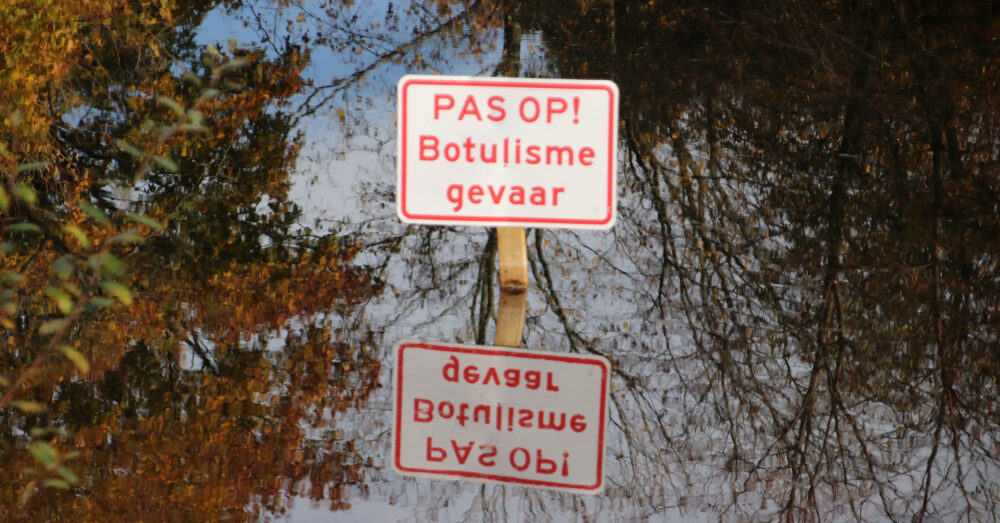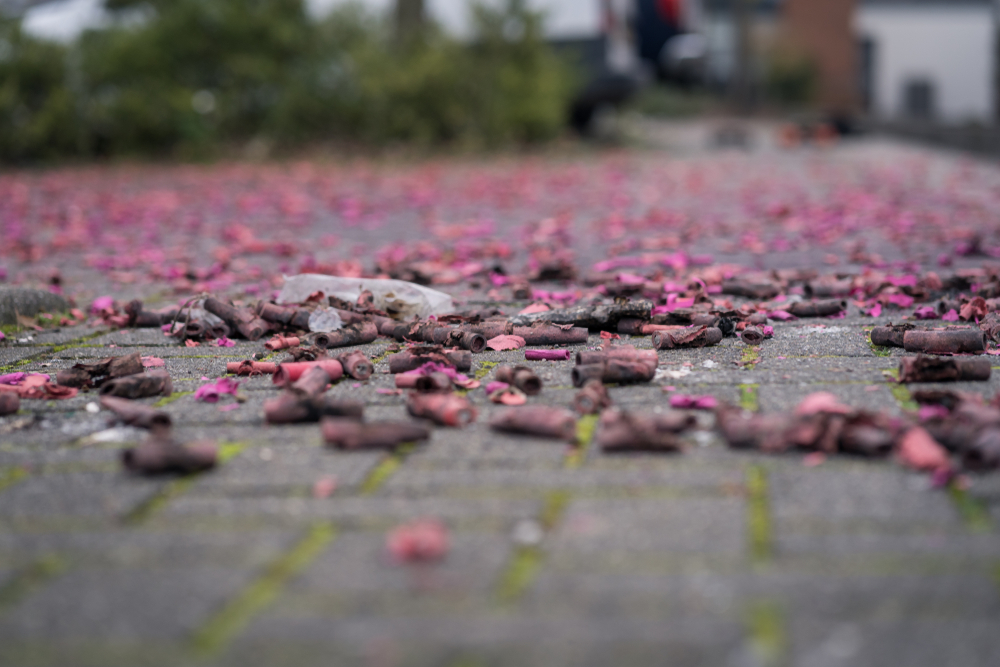This is revealed in a national survey among almost seven thousand researchers working at Dutch universities and academic hospitals.
They camouflage weaknesses in their research, leave disappointing results out of their publications or cite only authors that support their own conclusions. All in all, half of the scientists do things like the above with some frequency. Researchers who feel they are safe from scrutiny become sloppier, and a lack of surveillance increases the chance of malpractice.
A second publication based on the same survey focuses on desired research behaviour rather than malpractice. Do researchers reveal the source of their funding (96.5 per cent), correct their mistakes after the fact (86.4 per cent) and release their data to the public (75 per cent)? This desired behaviour is negatively impacted by factors such as work pressure, competition among peers and pressure to publish.
Response
Only a relatively small section of the researchers participated in the survey. Of the almost 64 thousand invitations sent out, only 6813 fully completed forms were submitted. The study aimed to involve all of the researchers in the Netherlands but failed to do so, as only five universities (Nijmegen, Tilburg, Maastricht en the two Amsterdam universities) and three academic hospitals (Nijmegen, Maastricht and Amsterdam) actively supported the study by making email addresses available. WUR declined.
Researchers from other institutes were able to participate and were included if their email address was made public. But grasping their attention proved more challenging. They may have thought the invitation was spam rather than a serious study.

 Illustration Shutterstock
Illustration Shutterstock 

